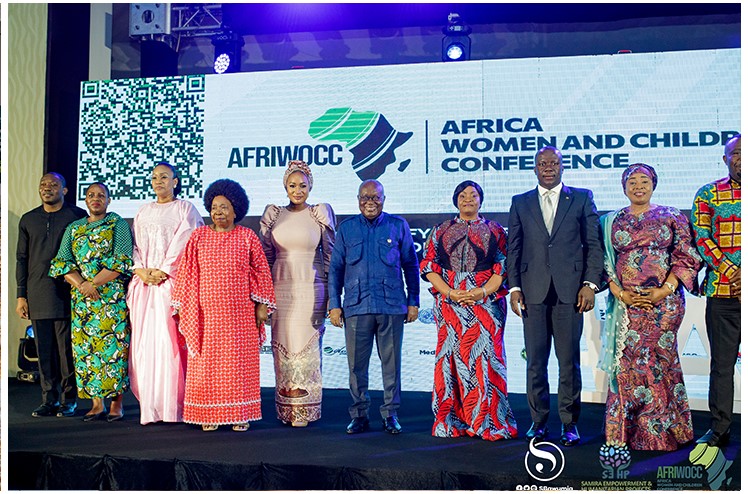[ad_1]

A communique from the maiden Africa Women and Children Conference (AFRIWOCC) has highlighted the distinct ways the impact of the climate crisis on women and children in Africa can be mitigated.
At the just-ended two-day conference in Accra, participants sought to address the adverse effects of climate change on vulnerable groups.
They also sought to document indigenous knowledge and innovations in climate change solutions.
The two-day conference opened on Wednesday, August 4 under the theme: ‘Amplifying the Voices of Women and Children in Climate Action’.
Participants at the conference discussed the importance of presenting a unified African message on climate action, particularly concerning its effects on women, children, youth, and persons with disabilities.
The conference concluded that the inadequate institutional capacity and high levels of gender inequality have compounded the adverse impact of climate change in Africa, particularly for women and children.
It also observed that the climate crisis in Africa has had an adverse effect on food security which disproportionately impacts women and children, leading to widespread malnutrition, poor health outcomes, conflict, and increased exposure to violence.
Also, the conference noted that Africa’s youthful population presents both an opportunity and a challenge to social cohesion if the right investments are not made in positive climate action.

For participants, climate action narrative must shift from a problem-based approach to identifying and seizing opportunities for innovation, creative solutions, education, and empowerment, particularly for women and children.
They also called for efforts made to create spaces for the voices of African women, children, and young people in climate discussions at all levels.
They also stressed that financing for green initiatives exists but it is not readily accessible to women and the youth who are climate change agents.
The conference recommended a series of measures to address some of the key observations.
These include gender-balanced delegations to climate change conferences, the adoption of indigenous and locally-led interventions, capacity building, and involvement of traditional authorities in climate action, prioritizing women and children issues in government policies, integrating climate education into basic school curricula, and designing gender-sensitive programs by development partners, among others.
The recommendations from AFRIWOCC 2023 will be explored and potentially refined for adoption at the Africa Climate Summit/Week in Nairobi-Kenya in September and the UNFCCC Conference of Parties (COP) 28 in Dubai later this year.
[ad_2]
Source link